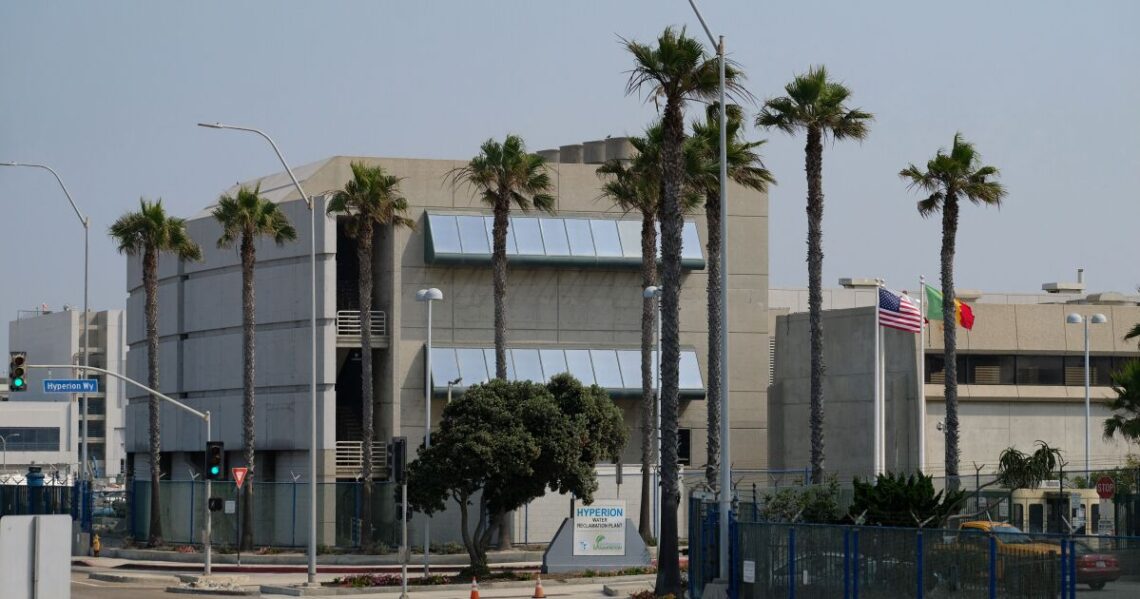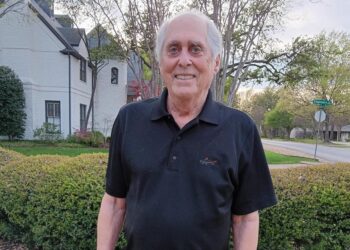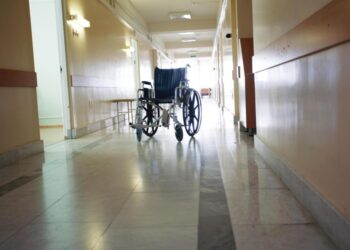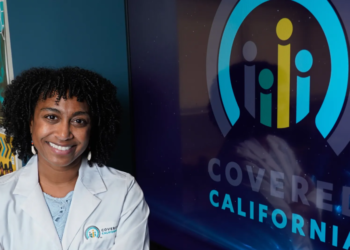Antibiotic-resistant “superbugs” capable of resisting last-resort treatment have been found for the first time in Los Angeles County wastewater.
How they were found
The bacteria, found in local wastewater samples, are genetically resistant to colistin, an antibiotic that’s typically used when other antibiotic treatment fails. They were discovered by Adam Smith, an associate professor of environmental engineering at USC.
Smith said he cultured two different bacteria that were resistant to colistin.
“Both of those are known as opportunistic pathogens, meaning that they wouldn’t cause an infection in a healthy individual,” he said. “But if you’re immunocompromised, they could be concerning.”
Why antibiotic resistance is so worrisome
Smith said what is especially worrisome is that the bacteria contained what he calls “mobile” genetic elements, meaning they can be transmitted to other bacteria, making them also antibiotic-resistant.
“We should be wary of this increase in antibiotic resistance in the community, and it could be spreading,” Smith said. “It’s something that we need to start thinking about more, because some of these antibiotic stewardship programs kind of took a backseat during the pandemic, for good reason.”
Antibiotic stewardship refers to ongoing public-health efforts to decrease antibiotic overuse and over-prescription.
The first in time in L.A.
L.A. County health officials say that while colistin-resistant bacteria has been found all over the world, it’s the first time it’s been found lurking in local wastewater.
Smith said he began sampling wastewater from two local…
Read the full article here







